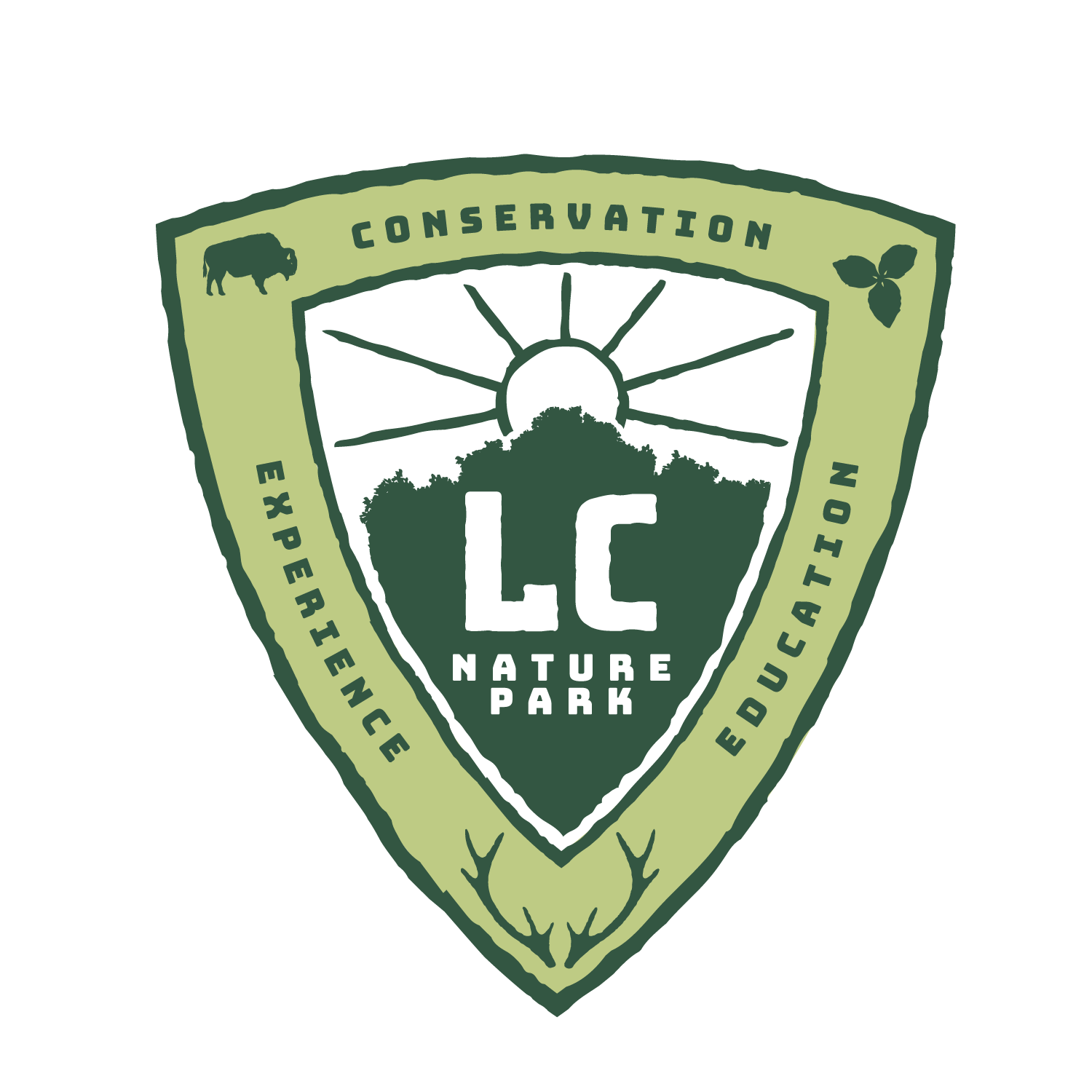Tragedy of the Commons
Overview
In this program we will explore the message of Garrett Hardin’s thesis in his paper The Tragedy of the Commons written in 1968.
Objectives
To gain appreciation for the needs of the environment and how the actions of humans has a direct impact.
To examine if the environment is in jeopardy today the way Hardin said it was in 1968.
Topics Addressed
Is the world infinite?
Can you legislate temperance?
Population growth
Morality
Background
In 1968, Garrett Hardin wrote The Tragedy of the Commons. In it he outlines a discussion about a dilemma, that if not addressed, could bring unknown consequences for humans and the environment.
He points out that the population increases geometrically (exponentially) and the food supply can only increase arithmetically. So, there will come a time when the population becomes too much for the system to support.
So, he puts forth a hypothetical scenario in which a finite area of land has an increasing number of animals pastured upon it. He then asks, at what point does the benefit to the individual become too much of a burden for the rest? In this question, lies the tragedy of the commons.
This paper asks us to examine how we look at ourselves in our environment and at what point do we put the whole before the one.
Program Outline
Students will first spend time walking through the Education Center observing the displays.
Students will then make their way to the amphitheater for a brief introduction to the activities for the day, review the expectations for the Park and program, and information about the program will be provided.
We will then go for a hike to wherever the bison and elk are so we can observe them in their natural environment. Throughout this experience we will be considering the main thesis of the article.
We will then find a place where we can observe them without bothering them and have a conversation about the main thesis of the paper and what was observed in our herd.
Activity: Watch What is the tragedy of the commons?, courtesy of TED-Ed, then discuss.
